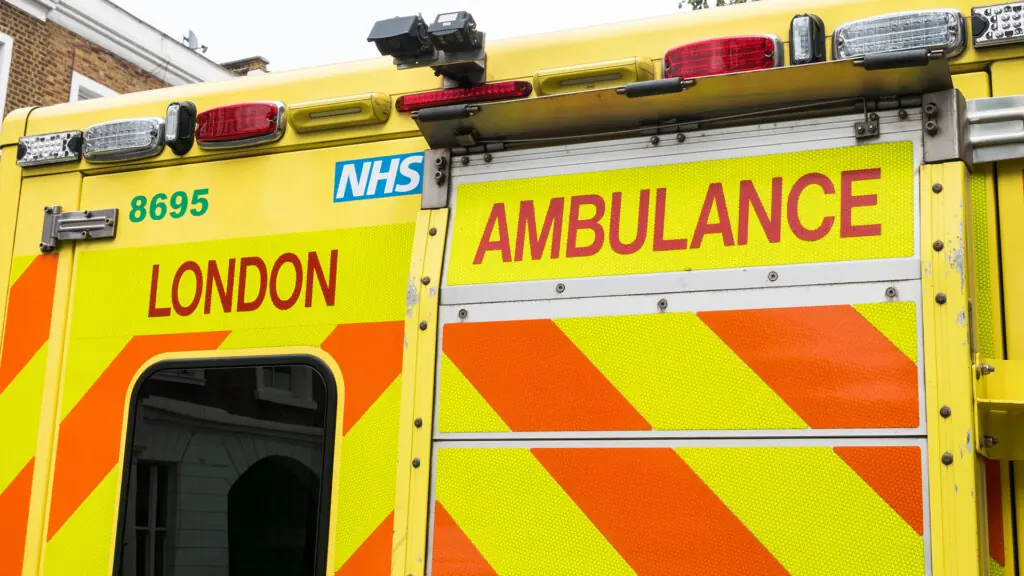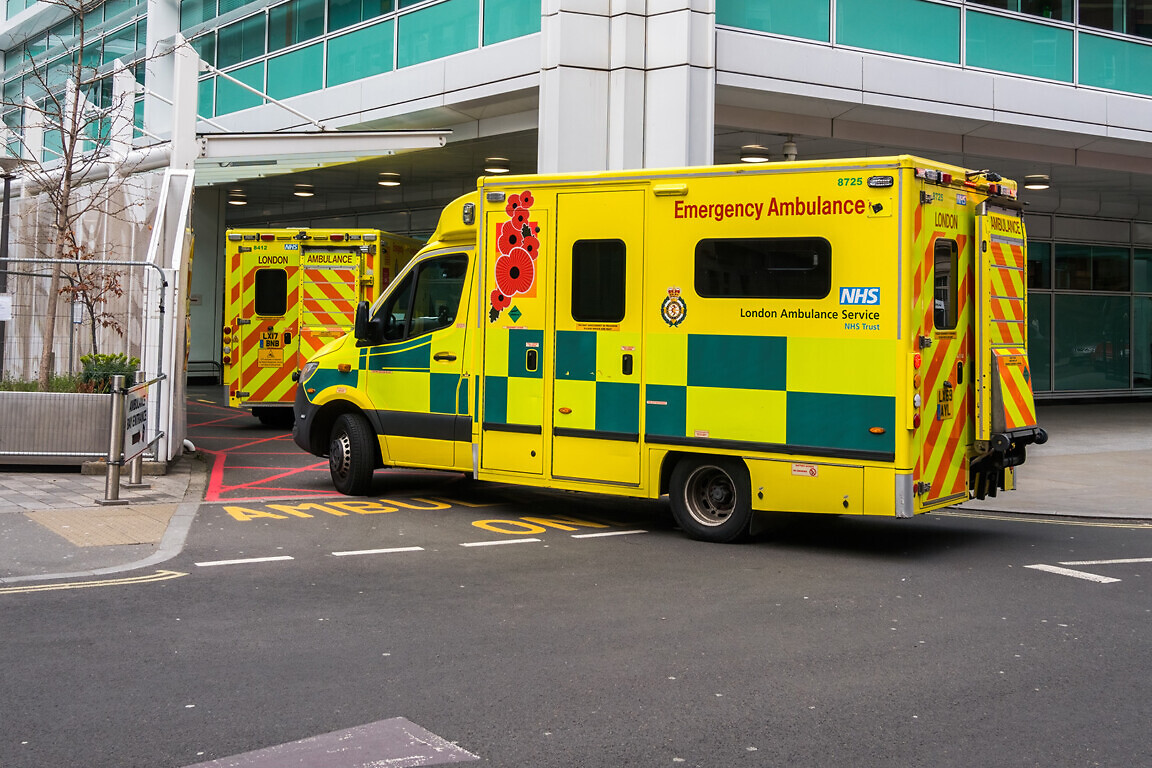After new figures showed a 15% increase in reported incidents of violence, aggression and abuse, the AACE has written to government ministers to ask for help.
New figures from the Association of Ambulance Chief Executives (AACE) show that UK ambulance services have the highest rate of reported incidents of violence, aggression and abuse directed at their people ever recorded – with 22,536 incidents across the 14 UK ambulance services in the 2024-25 financial year, an increase of almost 15% on the previous year.
The data from AACE shows that the summer months were when the most incidents of violence and aggression were reported, with summer 2024 recording the highest number of incidents on record, with 6,093 reported. Alcohol is the most prominent factor in assaults against ambulance staff, followed by drugs and people in mental health crises. Race and sexuality have also increased as exacerbating factors in these assaults.
The figures mirror those reported by Healthcare Today recently from the 2024 NHS Staff Survey which found that one in seven NHS staff had experienced physical violence from patients, their relatives or other members of the public in 2024.

Government support needed
The chair of AACE Jason Killens has written to the ministers responsible for ambulance services in England, Scotland, Wales and Northern Ireland seeking to explore what further national policy interventions could be developed to help combat the growing number of violent assaults against UK ambulance people.
“These figures are truly shocking and reflect a pattern of increased violence, aggression and abuse directed at hard-working ambulance people who are there to help people in their times of greatest need,” he said.
“Frontline staff as well as call handlers are affected by this horrendous abuse and this unacceptable behaviour has a major long-term impact on the health and wellbeing of ambulance people who are simply trying to do their jobs and help save lives,” he continued.
The Royal College of Emergency Medicine backed up the calls for government intervention.
“No one, especially those whose primary role is to help and care for people, should live in fear of violence of aggression at work, but sadly this is a daily occurrence for many frontline staff working in emergency care,” said Ian Higginson, president-elect of the Royal College of Emergency Medicine.
“Any assault on a healthcare professional is one too many, and we must collectively act on this behaviour within our health system, ensuring that staff are protected, all incidents are reported, every victim is properly supported, and those responsible are held to account in a meaningful way,” he continued.



